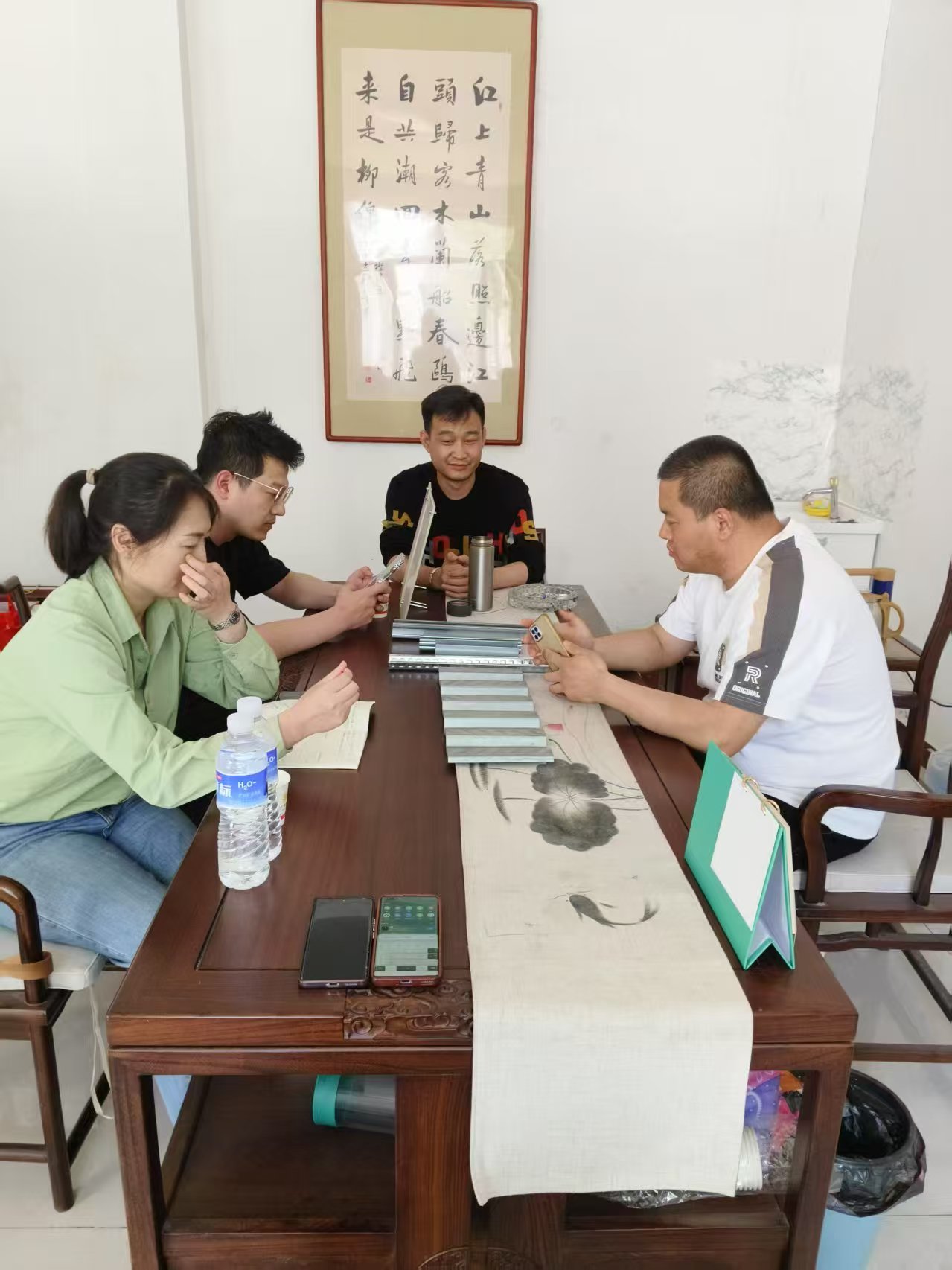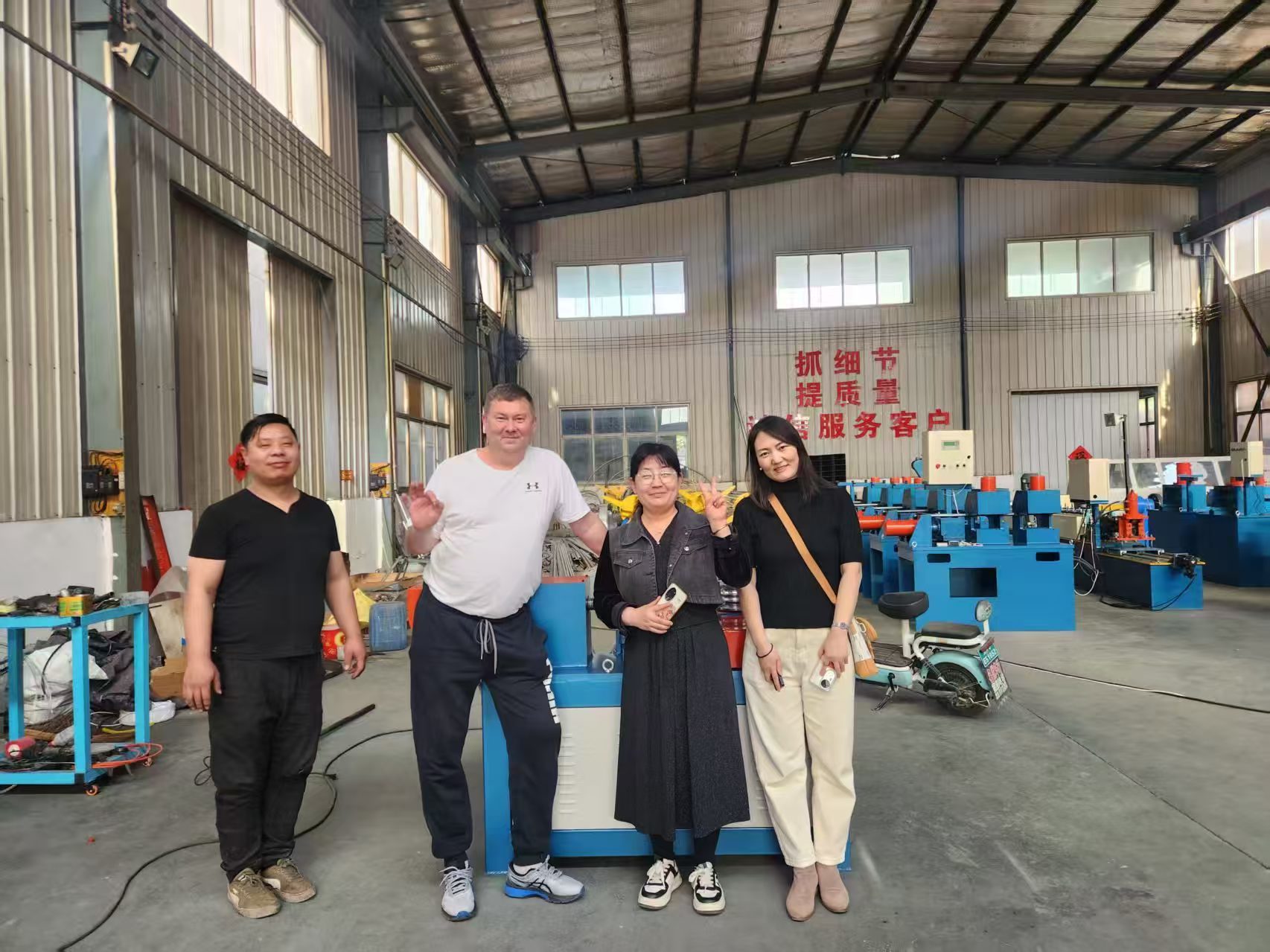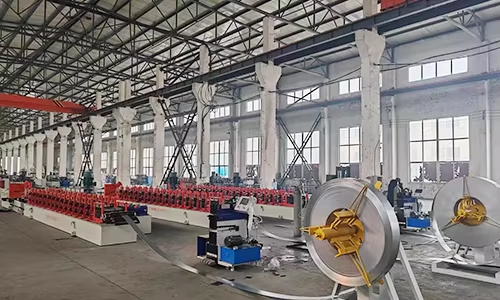Understanding Roof Tile Forming Machines: Essential Insights for Metal Processing Professionals
2025-07-24
In the vibrant world of metal processing machinery, roof tile forming machines stand out as essential tools for manufacturers aiming to produce high-quality roofing materials. These machines are designed to transform metal sheets into aesthetically pleasing and highly durable roof tiles, catering to a growing demand for reliable and efficient building materials. Understanding the intricacies of ro
In the vibrant world of metal processing machinery, roof tile forming machines stand out as essential tools for manufacturers aiming to produce high-quality roofing materials. These machines are designed to transform metal sheets into aesthetically pleasing and highly durable roof tiles, catering to a growing demand for reliable and efficient building materials. Understanding the intricacies of roof tile forming machines can provide valuable insights for professionals in the manufacturing sector.
Roof tile forming machines operate on a straightforward yet effective principle. They take flat metal sheets, typically made from galvanized steel or aluminum, and shape them into various tile profiles. This process not only enhances the material's structural integrity but also improves its visual appeal, creating options that can mimic traditional clay or slate tiles while offering superior durability and lightweight properties.
One significant advantage of roof tile forming machines is their ability to automate production processes. With advanced technology, these machines can operate at high speeds, allowing manufacturers to meet large-scale demands efficiently. The use of Computer Numerical Control (CNC) systems further enhances precision, ensuring that each tile produced meets stringent quality standards. This level of automation reduces labor costs and minimizes waste, ultimately leading to increased profitability in manufacturing operations.
Moreover, the versatility of roof tile forming machines cannot be overstated. They can produce a range of tile styles and profiles to suit various architectural designs and regional preferences. This adaptability makes them an invaluable asset for businesses looking to diversify their product offerings and cater to different market segments. Manufacturers can easily switch tile profiles by adjusting the machine settings, providing flexibility in production without the need for significant downtime or retooling.
Maintenance is another important aspect to consider when utilizing roof tile forming machines. Regular upkeep is essential to ensure optimal performance and longevity. Operators should be trained to conduct routine inspections and identify potential issues before they escalate into costly repairs. A well-maintained machine contributes to consistent product quality and minimizes interruptions in production schedules.
Lastly, investing in a roof tile forming machine aligns with the growing trend towards sustainable building practices. These machines can produce tiles using recyclable materials, contributing to environmentally friendly construction. As consumers increasingly prioritize sustainability, manufacturers who adopt such practices will likely find themselves in a favorable position within the competitive landscape.
In conclusion, roof tile forming machines represent a significant advancement in the manufacturing of roofing materials. Their ability to automate processes, produce high-quality products, and adapt to market demands makes them an indispensable tool for metal processing professionals. Understanding their functionality and benefits can empower manufacturers to make informed decisions that enhance efficiency and drive business growth in the ever-evolving construction industry.
Roof tile forming machines operate on a straightforward yet effective principle. They take flat metal sheets, typically made from galvanized steel or aluminum, and shape them into various tile profiles. This process not only enhances the material's structural integrity but also improves its visual appeal, creating options that can mimic traditional clay or slate tiles while offering superior durability and lightweight properties.
One significant advantage of roof tile forming machines is their ability to automate production processes. With advanced technology, these machines can operate at high speeds, allowing manufacturers to meet large-scale demands efficiently. The use of Computer Numerical Control (CNC) systems further enhances precision, ensuring that each tile produced meets stringent quality standards. This level of automation reduces labor costs and minimizes waste, ultimately leading to increased profitability in manufacturing operations.
Moreover, the versatility of roof tile forming machines cannot be overstated. They can produce a range of tile styles and profiles to suit various architectural designs and regional preferences. This adaptability makes them an invaluable asset for businesses looking to diversify their product offerings and cater to different market segments. Manufacturers can easily switch tile profiles by adjusting the machine settings, providing flexibility in production without the need for significant downtime or retooling.
Maintenance is another important aspect to consider when utilizing roof tile forming machines. Regular upkeep is essential to ensure optimal performance and longevity. Operators should be trained to conduct routine inspections and identify potential issues before they escalate into costly repairs. A well-maintained machine contributes to consistent product quality and minimizes interruptions in production schedules.
Lastly, investing in a roof tile forming machine aligns with the growing trend towards sustainable building practices. These machines can produce tiles using recyclable materials, contributing to environmentally friendly construction. As consumers increasingly prioritize sustainability, manufacturers who adopt such practices will likely find themselves in a favorable position within the competitive landscape.
In conclusion, roof tile forming machines represent a significant advancement in the manufacturing of roofing materials. Their ability to automate processes, produce high-quality products, and adapt to market demands makes them an indispensable tool for metal processing professionals. Understanding their functionality and benefits can empower manufacturers to make informed decisions that enhance efficiency and drive business growth in the ever-evolving construction industry.
Key words:
RELATED INFORMATION
Recently, foreign trade personnel have conducted on-site learning on the company's equipment updates
Recently, foreign trade personnel have conducted on-site learning on the company's equipment updates
2025-05-15
A customer from Inekhusko, Russia, took a 10-hour flight with multiple transfers to visit our factory and inspect the equipment they had previously ordered from our company.Our foreign trade staff warmly received the customer.
2025-04-24
Photovoltaic bracket equipment is a special bracket planned for the placement, installation.
2024-05-22








